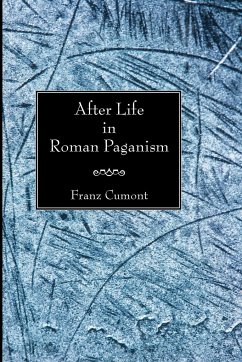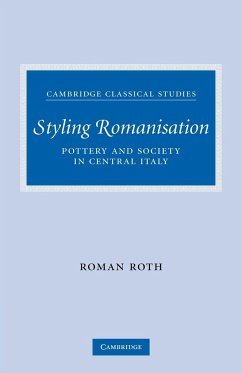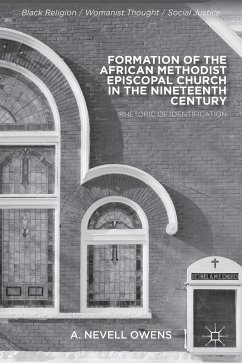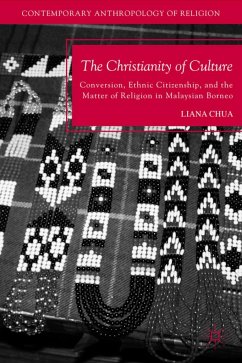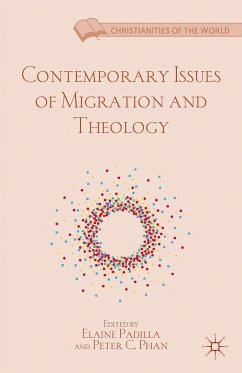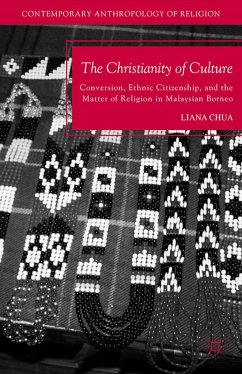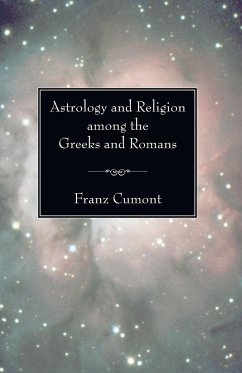
Astrology and Religion among the Greeks and Romans
Versandkostenfrei!
Versandfertig in 1-2 Wochen
17,99 €
inkl. MwSt.
Weitere Ausgaben:

PAYBACK Punkte
9 °P sammeln!
It is not, however, because it is combined with scientific theories, nor because it enters into the teaching of pagan mysteries, that astrology forces itself on the meditations of the historian of religions, but for its own sake . . . , because he is obliged to enquire how and why this alliance, which at first sight seems monstrous, came to be formed between mathematics and supersitition. . . . How could this absurd doctrine arise, develop, spread, and force itself on superior intellects for century after century? There, in all its simplicity, is the historical problem which confronts us. -fro...
It is not, however, because it is combined with scientific theories, nor because it enters into the teaching of pagan mysteries, that astrology forces itself on the meditations of the historian of religions, but for its own sake . . . , because he is obliged to enquire how and why this alliance, which at first sight seems monstrous, came to be formed between mathematics and supersitition. . . . How could this absurd doctrine arise, develop, spread, and force itself on superior intellects for century after century? There, in all its simplicity, is the historical problem which confronts us. -from the Introduction Contents Introduction 1. The Chaldeans 2. Babylon and Greece 3. The Dissemination in the West 4. Theology 5. Astral Mysticism. Ethics and Cult 6. Eschatology




